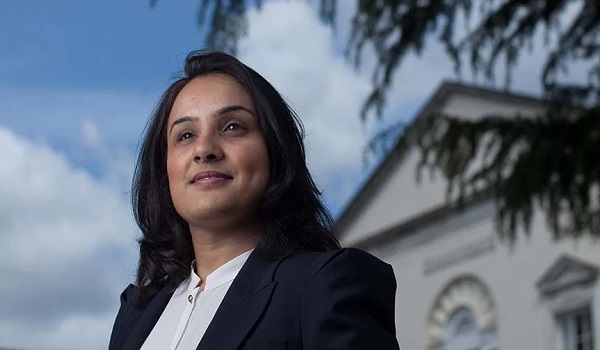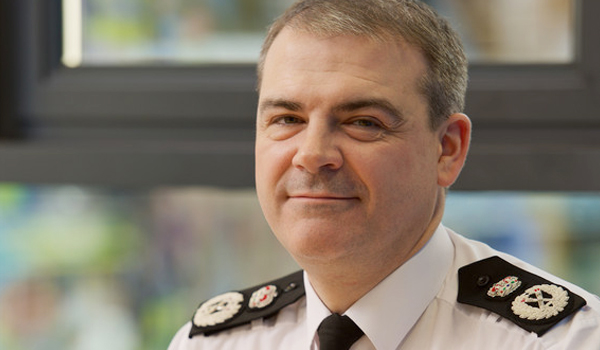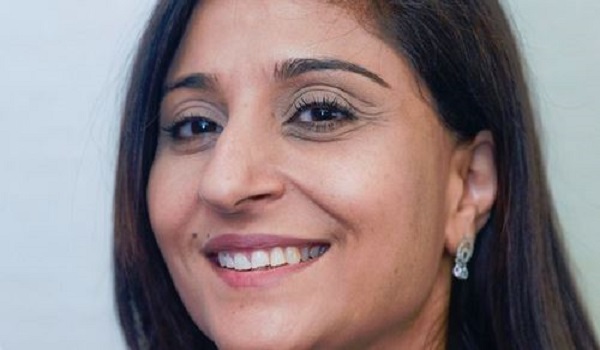It’s time to reform our broken system
On the first anniversary of Sarah Everard’s death, Aisha K Gill, Professor of Criminology at the University of Roehampton, believes that little has changed in addressing domestic violence and women’s safety.
Despite widespread media attention on domestic violence and abuse (DVA) and women’s safety following Sarah Everard’s death on March 4 last year, little has changed since her tragic passing.
Male violence against women and girls (VAWG) is still endemic in the UK, with the current system still failing victims by allowing many perpetrators to go unpunished. Women continue to be undermined by factors that underpin VAWG, including discrimination, male entitlement, misogyny, racism, sexism and lack of accountability at State, community and individual levels.
Ultimately, the two institutions that are in a position to remedy these problems, namely the Government and the Metropolitan Police Service (MPS), have failed to take effective action. Government policy continues to either ignore or entrench the existing inequalities women face, particularly women from black and minority backgrounds, who are already at higher risk of VAWG.
The failure of Home Secretary Priti Patel’s half-baked VAWG strategy last year to ensure safety and protection for migrant women and to offer them the same support available to other DVA victims is a reckless act of symbolic violence against our most vulnerable. The UK Government urgently needs to foster equity in the distribution of resources to ensure the continued existence of a diverse range of DVA services and understand the crucial relational aspects of both black and white women’s experiences of VAWG to homogenise responses to ensure the safety of all women.
Specifically, ‘The Police, Crime, Sentencing and Courts’ Bill and the ‘Nationality and Borders’ Bill are both major threats in the fight against inequality, the former increasing the police’s powers to impose restrictions on peaceful assembly and protest and the latter criminalising women and girls, many of whom are survivors of violence, who cross borders to seek safety.
The police must do more to understand victims’ perception of justice and why many often remain too traumatised to articulate what has happened to them. Too often, effective and positive police response to victim encounters is just a postcode lottery. Such failures, along with delayed responses, ineffective incident reporting, inadequate risk assessment and substandard data sharing with social services risk emboldening perpetrators to believe that they will escape the consequences of their violence and abuse and harm the victim from speaking up.
In addition, the MPS Commissioner Dame Cressida Dick’s resignation alone cannot fix the MPS’s toxic culture of misogyny, racism, and bullying, most notably seen with the murder investigation of sisters Bibaa Henry and Nicole Smallman.
The institution must take responsibility for the behaviour of its officers that helps, rather than hinders, access to justice for women particularly women from Black and minoritised communities. Public confidence in these institutions must be restored but they need to take action to gain that confidence back. It’s time to turn words into action to ensure the safety of all women.
It’s time for the tragic deaths of women like Bibaa Henry, Nicola Smallman, Sarah Everard and Sabina Nessa to force the reform our broken system so desperately needs.”






